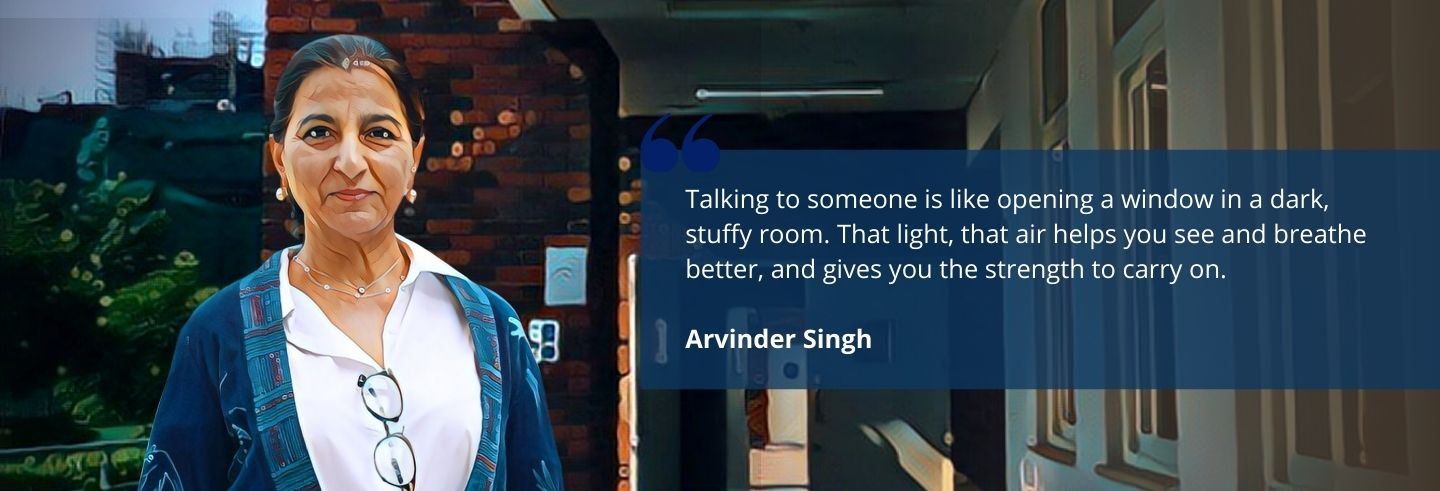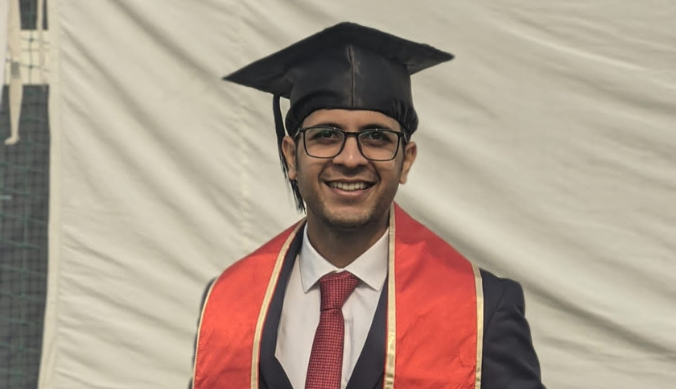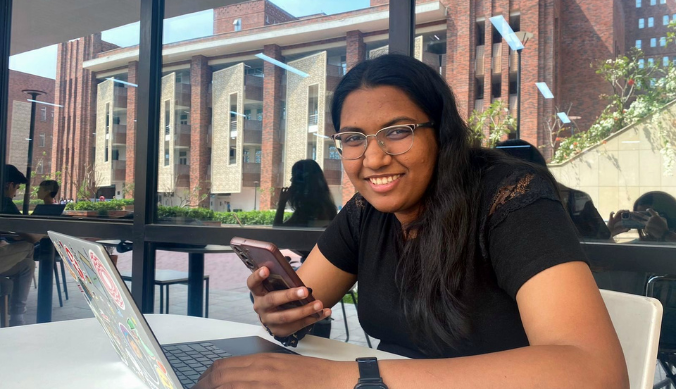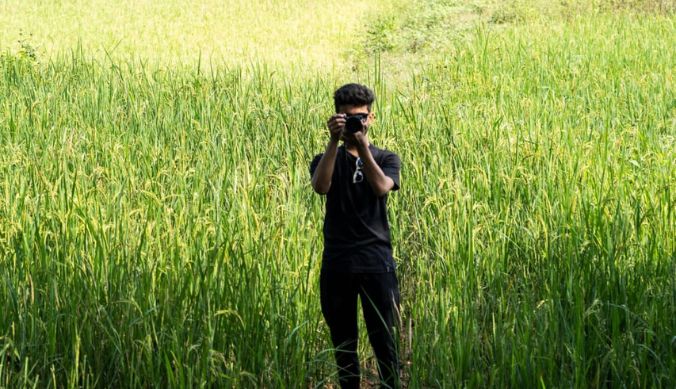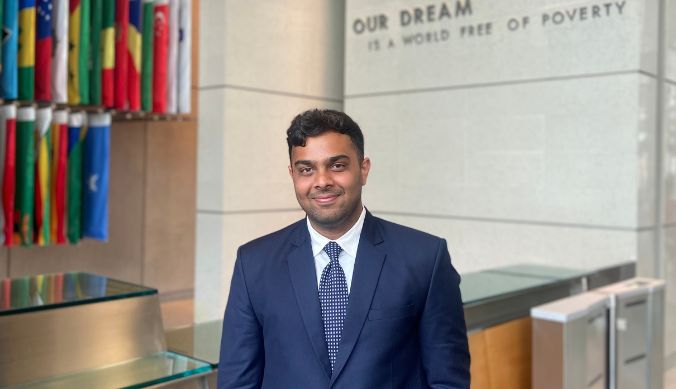Talking to someone helps us get the power back to make our own decisions
In this interview, Dr Arvinder Singh highlights the need for a community approach to mental health and how the Ashoka Centre for Well-Being is consistently working in that direction

Saman Waheed
3 November, 2022 | 6m readArvinder Singh is the Director of the Ashoka Centre for Well-Being (ACWB), under whose leadership the Centre came to be as it exists today, providing counselling support to the entire Ashoka community.
We caught up with her recently to understand the kind of work that the Centre engages in and how they aim to help everyone who seeks their services.
Here is what she had to say:
Could you give us an overview of the Ashoka Centre for Well-Being and how it was conceptualised initially?
Ashoka Centre for Well-Being (ACWB) in its present form, was born six years ago, as a safe space to provide free and confidential counselling services and address the emotional and mental health needs of all members of the Ashoka community.
Education at Ashoka is not just about academic rigor but also about emotional robustness, which is an aspect that the Centre focuses its initiatives on. Therefore, we look at mental health from a spectrum of well-being and include preventive and promotive measures for mental health.
With Ashoka University being a fully residential campus and diverse population, students experience a transition at multiple levels- moving from school to university, from home to a residential campus, and from a structured school environment to a liberal arts university. These transitions can cause feelings of anxiety, fear, uncertainty, and self-doubt which can be overwhelming. Therefore, the need for a safe space for students to express and deal with these emotions is essential.
We at ACWB, believe that no problem is small. We encourage all members of the Ashoka community, students, staff and faculty, to come and talk to us about anything that is troubling them.
Has there been a shift in the Centre’s involvement with the students before and after the pandemic?
As the pandemic hit, we adapted and transitioned into moving our services to a virtual platform. We also no longer had access to certain privileges that come with having in-person sessions at the Centre, such as soundproof rooms that ensure confidentiality or space for the counselors to take sessions.
In the two years of the pandemic, we reached out to address mental health concerns through webinars and workshops on the themes of dealing with grief, building resilience, motivation, productivity, and promoting positive mental health.
We also hosted a session in collaboration with the students of Positive Psychology from the University of Pennsylvania facilitated by Professor Dwight Jaggard and myself. It was heartening to see the students connecting with each other as they shared similar problems and how they could learn from each other in adapting to the situation.
Throughout these transitions, we were also very mindful of addressing the emotional needs of the counsellors. As frontline workers, much like anyone else, they were also feeling burnt out, fragile, scared, and vulnerable. We ensured that we did weekly check-ins and connected with each other as a team.
After two years, as everyone transitioned to come back to campus physically, the initial excitement soon gave way to issues such as social anxiety, difficulty being in larger crowds, and re-adjusting to in-person classroom settings. Therefore, a lot of our work was to provide support to people going through this sudden change along with the grief that had started to show up. Grief always has a way of showing up weeks, months, and years later.
So, people are still adjusting to everything that has happened and that is happening. The task for us is to keep conversations around mental health and well-being open and to encourage people to seek help.
How do you involve students in the activities of the Centre?
We at ACWB believe in a community approach to building a narrative of well-being on campus. Therefore our programs are geared towards involving students to take initiative towards their own and others’ mental well-being.
One such student initiative is peer advocacy which involves student mental health advocates who organize activities around campus, and social media posts on raising awareness.
Our Gatekeepers Program trains students to become mental health first responders which helps them help themselves and their peers. There are student bodies like the Ministry of Well-Being and other societies and clubs on campus that the Centre supports.
There are times when people may want to seek help but they feel that they do not want to burden the other person. So, do you have any suggestions for people who are afraid or unsure of how to seek help?
It is very natural to be hesitant in seeking help, whether it is from a friend, family member, or a professional as some of us may expect ourselves to be able to deal with our own problems without any external help. This often stems from a stigma that is attached to mental health and seeking treatment for it.
Have you noticed that we never hesitate in going to a doctor if we have a twisted ankle or a broken arm? However, when it is to do with emotional injury, going to a professional is a big no, because seeking help from a mental health professional is viewed as a sign of weakness. So, my message to everyone is to treat it like any other injury—just because it is not visible does not mean it does not hurt.
It is okay to feel low, depressed, lonely, or angry—these are very normal human emotions. If we do not take care of these emotions and talk to anyone, it just keeps building up inside us. It then starts having bodily manifestations in the form of physiological problems and symptoms.
Talking to someone is like opening a window in a dark, stuffy room. That light, that air helps you see and breathe better, and gives you the strength to carry on. Even though the external world or the problem does not change, your internal world definitely undergoes a change.
I strongly believe that every human being has the capacity to deal with their own emotional problems in the best possible way. We are all resilient at some level or the other. But there are times when this emotional power to be objective and deal with problems is temporarily suspended. Talking to someone helps us get the power back to make our own decisions.
So, for all the people who are hesitant to seek help—I hear you, I know what it means and how it feels because I know that asking for help is not easy. My only suggestion is to find the right person to talk to. When you are looking for that person, make sure that you choose somebody who is actually interested in listening to what you have to say, is compassionate and is hopefully not going through their own issues at that time.
This is where the Centre comes in and provides a free and confidential space, to talk to someone who’s not necessarily related to you. Therefore, they can be objective, and it is also easy for you to share things with a stranger that you may not want to share with people you are close to because of a perceived fear of judgment.
Every individual can help, you do not always need professional degrees. Help is not just solving the problem for someone, help is just listening, not judging them, and connecting them to the right resource. Essentially, help does not mean sorting it out for the other person or rescuing them, or solving an issue. It does not mean that you have to be a professional, but you can be a compassionate human being that is the bridge between the professional and the person seeking help.
(Saman Waheed is currently an Assistant Manager at the Office of PR & Communications, Ashoka University. She is a former Young India Fellow from the batch of 2022.)





